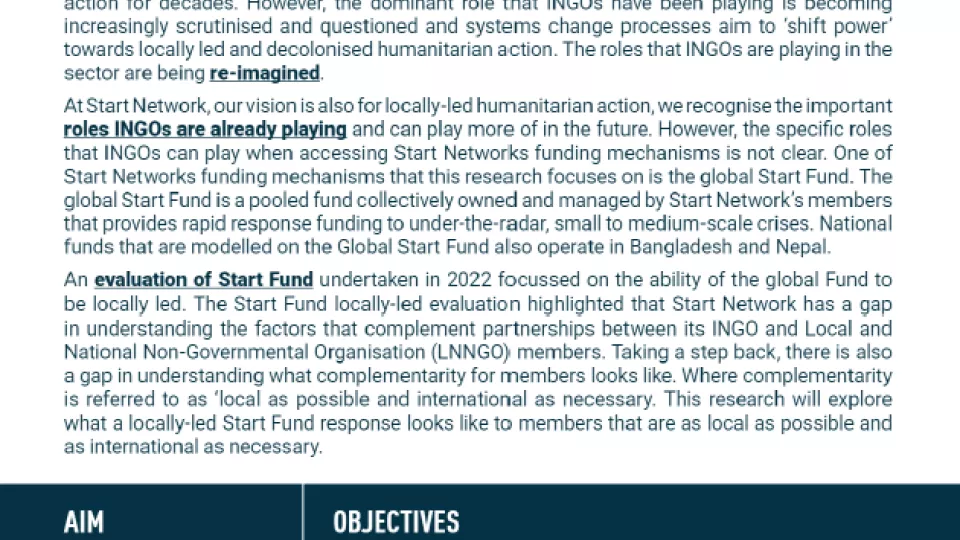
Exploring the three Cs: Complementarity, Collaboration and Consortia in Start Fund interventions
In 2022, an evaluation of the Start Fund explored ways the flagship programme could become more locally led.

In 2022, an evaluation of the Start Fund explored ways the flagship programme could become more locally led.
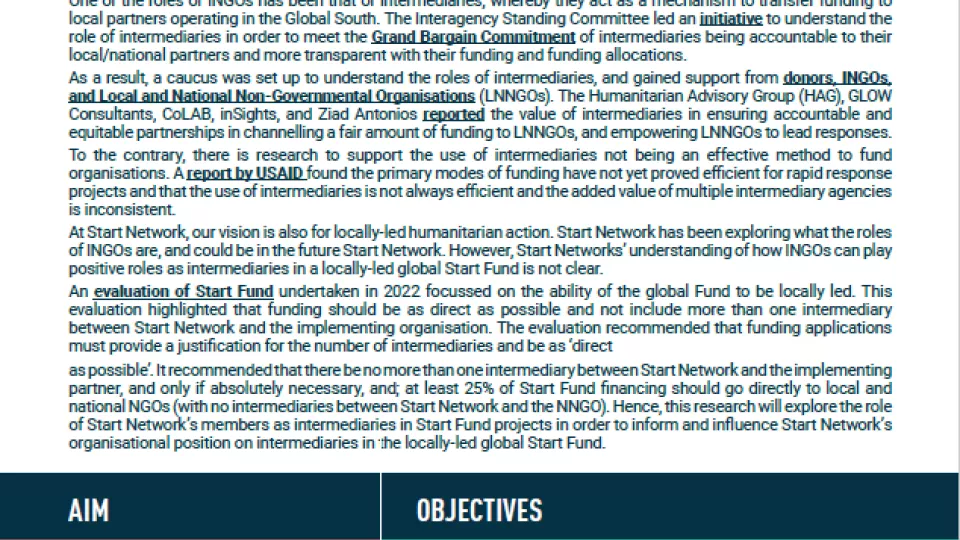
In 2022, an evaluation of the Start Fund explored ways the flagship programme could become more locally led. Two recommendations were made to Start Network, which required a deeper understanding of the role that members have as intermediaries and in complementary consortiums.
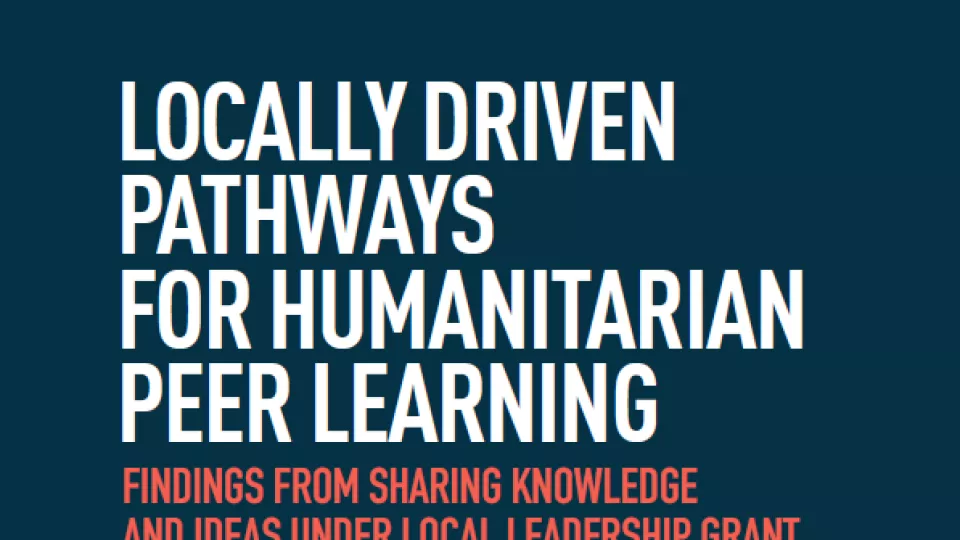
The Sharing Knowledge and Ideas under Local Leadership (SKILL) Grant was developed in 2021 so that Start Network’s local members could lead collaborative research projects and learn through partnerships. From January 2022, with grants of up to £15,000 GBP, eight local or national NGO organisations worked with a variety of partners to research humanitarian issues that they chose. Through this report, we document their experiences, impact and learning.
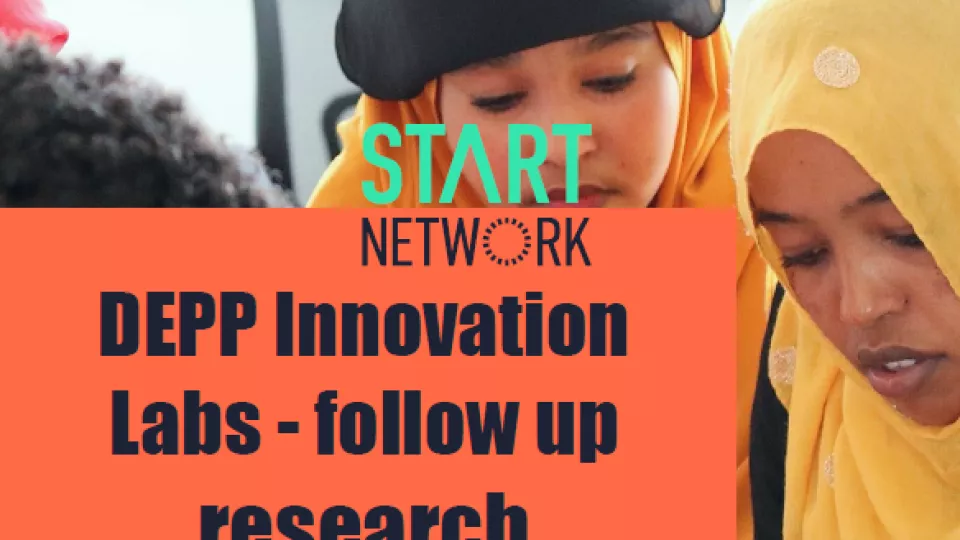
The DEPP Innovation Labs programme was a two and a half year initiative from 2016-2019 that supported the creation of four community-centred innovation labs in disaster-affected countries (Bangladesh, Jordan, Kenya and the Philippines) to strengthen disaster preparedness and response. The programme was managed by Start Network and the Communicating with Disaster Affected Communities (CDAC) Network. The labs offered skills training, business mentoring, financial support, and the necessary infrastructure to turn local ideas into viable, scalable solutions. All the innovation labs followed a human-centred design process to create local-level solutions that work for and with vulnerable people. Overall, the DEPP Labs supported close to 100 innovations covering a broad range of areas such as early warning communication systems, disaster awareness education tools, protective flood barriers, agricultural tech applications to counter the effects of drought and transport and accommodation solutions for refugees.
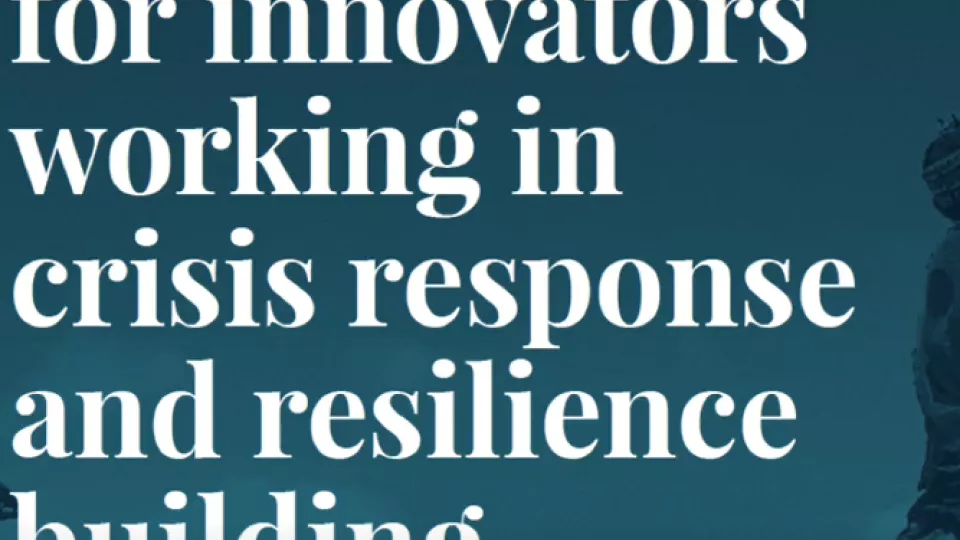
In-depth webinars on the innovator journey to sustainability, and a breakdown of eight business model strategies relevant for humanitarian innovators.
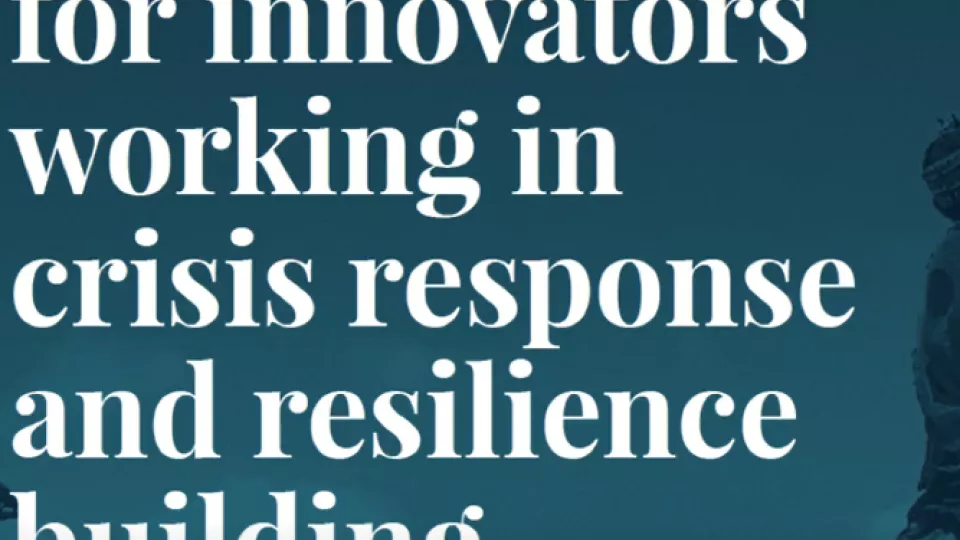
In-depth webinars on the innovator journey to sustainability, and a breakdown of eight business model strategies relevant for humanitarian innovators.

<p>The DEPP Innovation Labs programme developed <strong>safeguarding tools </strong>relevant for innovation labs, where the organisation is not "doing" a programme but rather facilitating design processes. This field-level safeguarding toolkit translates safeguarding policies into practice for people running programs on the ground. </p>
This paper looks at issues of ethics in humanitarian iunnovation in relation to the Mahali Lab in Amman, Jordan. This reflection piece by Kristin Bergtora Sandvik is the third in a three-part series that explore ethics questions faced by community-centred innovation labs. It is based on her experience as an ethics advisor to DEPP Innovation Labs, a two-year programme that manages labs in four disaster-prone countries.
This paper looks at translating innovation ‘culture’ into local culture, and innovation ethics into ‘everyday’ practice. This reflection piece by Kristin Bergtora Sandvik is the second in a three-part series that explore ethics questions faced by community-centred innovation labs. It is based on her experience as an ethics advisor to DEPP Innovation Labs, a two-year programme that manages labs in four disaster-prone countries (Bangladesh, Jordan, Kenya and Philippines).
The paper introduces issues of ethics in humanitarian innovation. It is part of a three part series by Kristin Bergtora Sandvik that explore ethics questions faced by community-centred innovation labs.